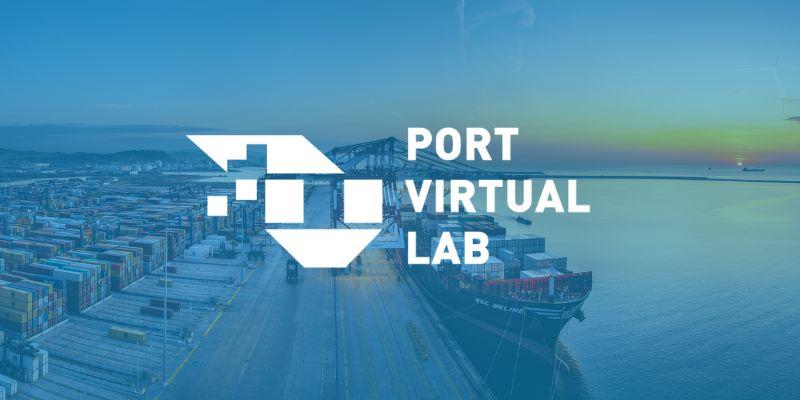YEP MED drives a revolution in port logistics training in Barcelona with new courses that incorporate virtual simulators.

The Port of Barcelona has always invested in educational and training initiatives within its community to ensure that its people are trained in modern trends and developments of the industry. The Escola Europea – Intermodal Transport (lead partner of the YEP MED project) started out as a project of the Customer Service Department (SAC) of the port authority in 2004. Today, the Catalan port community is bringing a digital revolution to the logistics training sector.
A significant initiative that is at the helm of this movement came from the YEP MED. The project’s port logistics courses were initially planned to take place in person, but "due to the pandemic, the students were not able to do internships.” As such, “the Escola decided to adapt the projects to a virtual environment,” said Eduard Rodés, director of the Escola Europea. A virtual port community – the Port Virtual Lab – was born out of this, and today it provides a platform for simulated training operations for students from countries taking part in YEP MED.
What is Port Virtual Lab?
In 2020 the Escola launched a tender to partner with a software company that would help it create an ERP (Enterprise Resource Planning System) that underpins the virtual training model it was creating for the youth-centered programme. Through this, the Port Virtual Lab was born. What the platform does is imitate a real-life port community, allowing course participants to immerse themselves in a controlled, but yet authentic, environment and perform simulated international trade operations. In the courses that take place, participants take on the roles of employees of the large array of companies created for Port Virtual Lab that cover the entire supply chain. These include a freight forwarding company, shipping, airline, road transport and railway companies, and a port terminal. There are plans to add more actors from the supply chain to the simulation to further enhance the users’ experiences.
Benefits of simulation in training endeavors
The work undergone in the initial stages of YEP MED identified skills gaps in the transport market that needed to be addressed. These included gaps in the knowledge of new graduates in the areas of environment and sustainability, international relations, digitalization and port logistics operations.
This is a market that has traditionally experienced more demand than supply
Because of this, there was a need to ensure that the supply in the employment pool was well prepared to execute the transport operations after graduating. Virtual simulators are ideal in this as they allow trainees to:
- Practice the operations in real-time without any risks to the market
- Present various real-life scenarios, giving students the opportunities to problem solve effectively
- Facilitate the creation (and adaptation) of more sustainable and socially responsible logistics chains – through the ability to try out various transport combinations (prioritizing sustainability one time, or faster delivery at another time for example)
There is no doubt that exceptional educational offers are vital to help young jobseekers in today’s rapidly changing industries. Simulators and virtual realities are unique and extremely effective in helping young professionals gain experience and confidence – both invaluable to them as they enter the workforce. The YEP MED project provided an important stepping stone in the development of such training tool in the Mediterranean. Doubtlessly, the platform will be able to extend to other regions of the world, and will continue to spread its impact well after the completion of the project in 2023.









